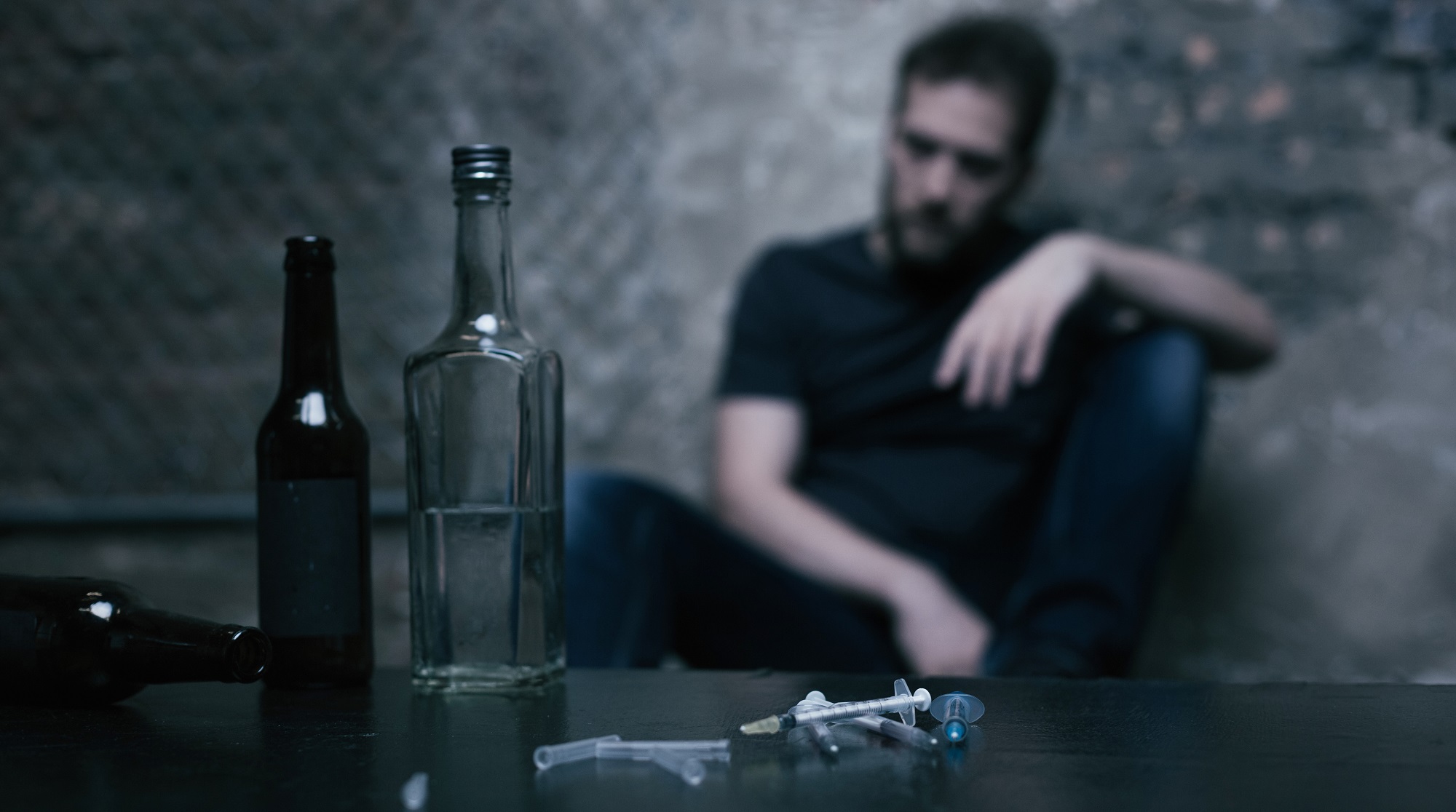Drug or alcohol addiction or abuse is clearly a disabling condition qualifying for long term disability benefits.
If a claimant with a drug or alcohol addiction goes through a rehabilitation program, the question is, whether the disability continues even after the program has been successfully completed.
The answer to this question depends on the claimant’s post-treatment condition, if, even after the rehab program, the claimant is no longer able to perform his or her substantial and material duties with reasonable continuity , then the claimant is still disabled.
For example, the claimant who must take medications that, in themselves, cause functional impairment, they are still disabled.
Likewise, a claimant who can no longer return to his/ her previous duties because those duties caused or contributed to the impairment in the first place, he/she also is still disabled.
For example, a physician specializing in pain management who then becomes addicted to the drug they prescribe to patients, may not be able to return to his/her former duties for that reason.
In such situations, the claimant is often obviously still unable to perform the substantial and material duties of the occupation for which he/she was employed at the time he/she became disabled.
An insurance company that tries to tell a claimant that because he or she successfully completed a rehab program, that he/she no longer qualifies for total disability benefit payments is wrong.


